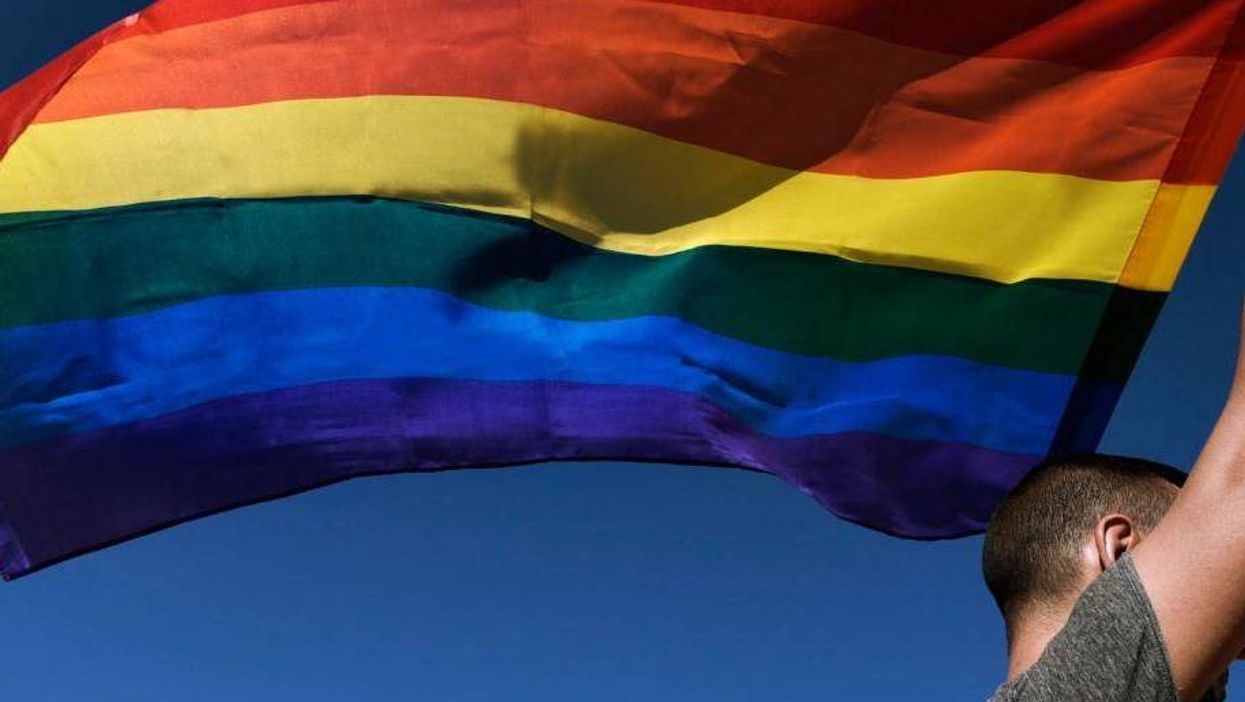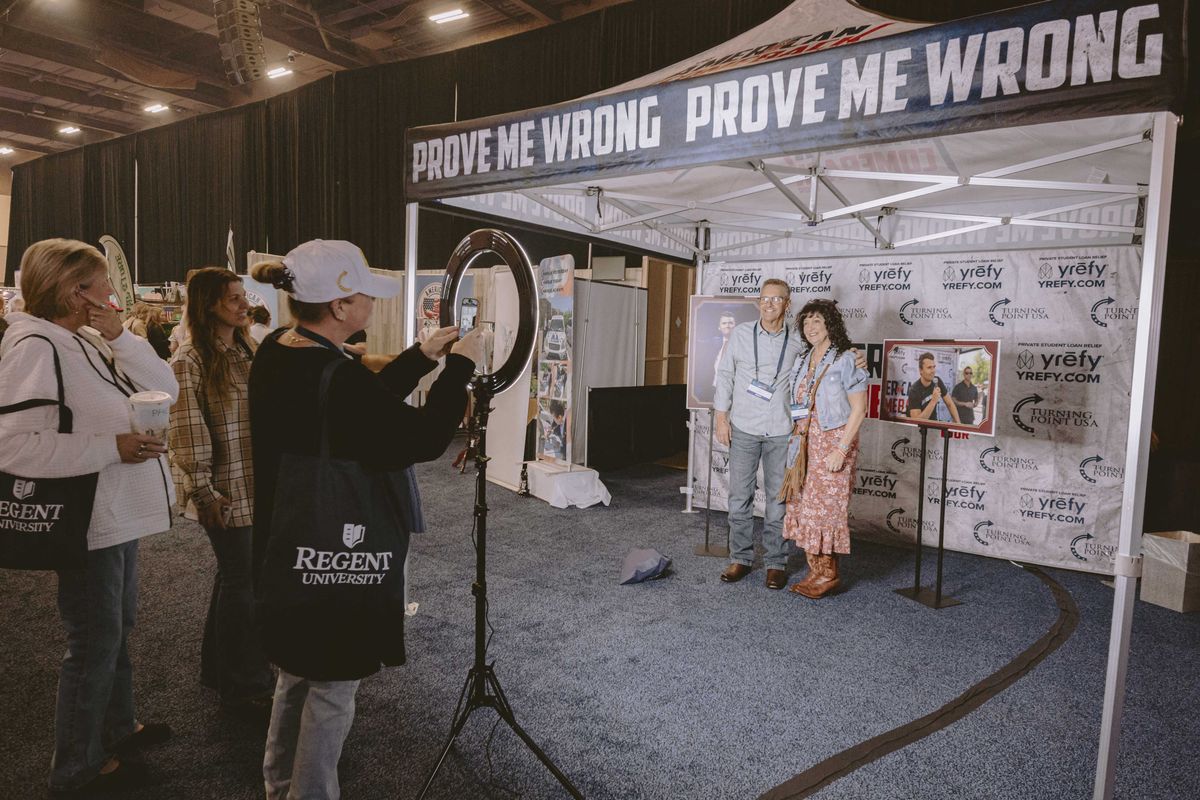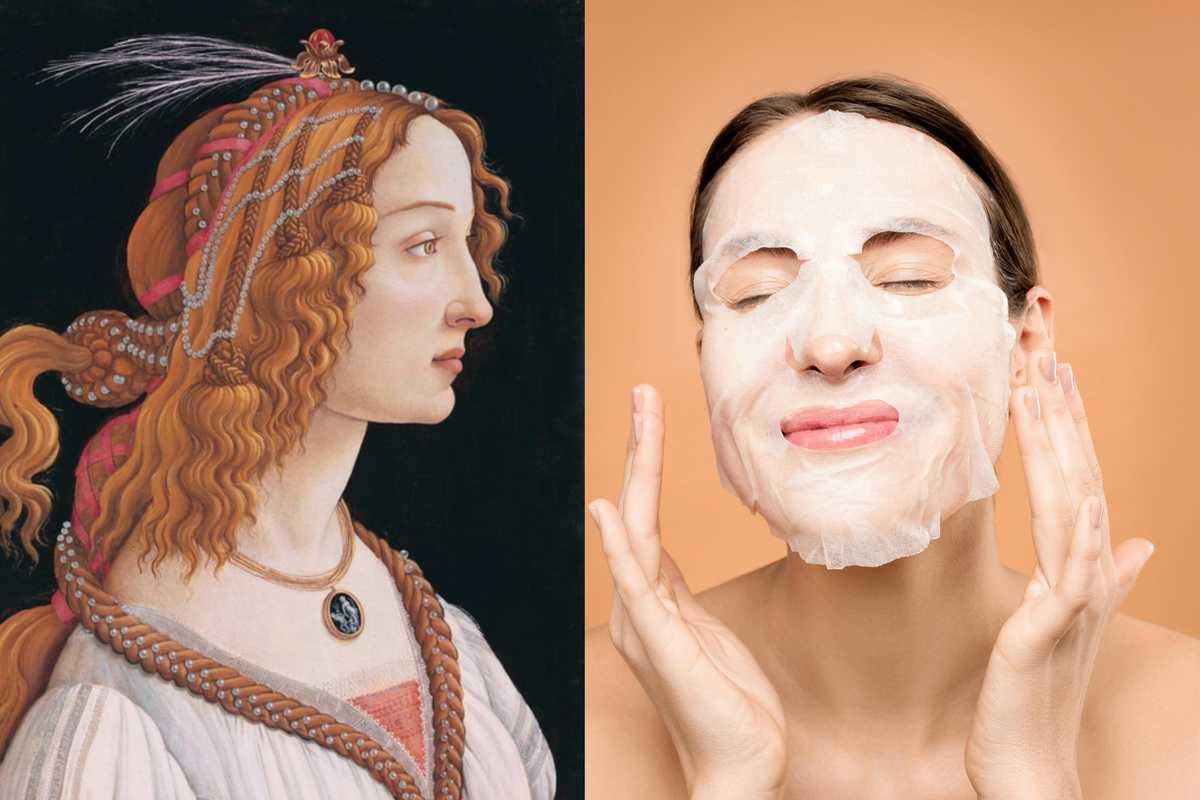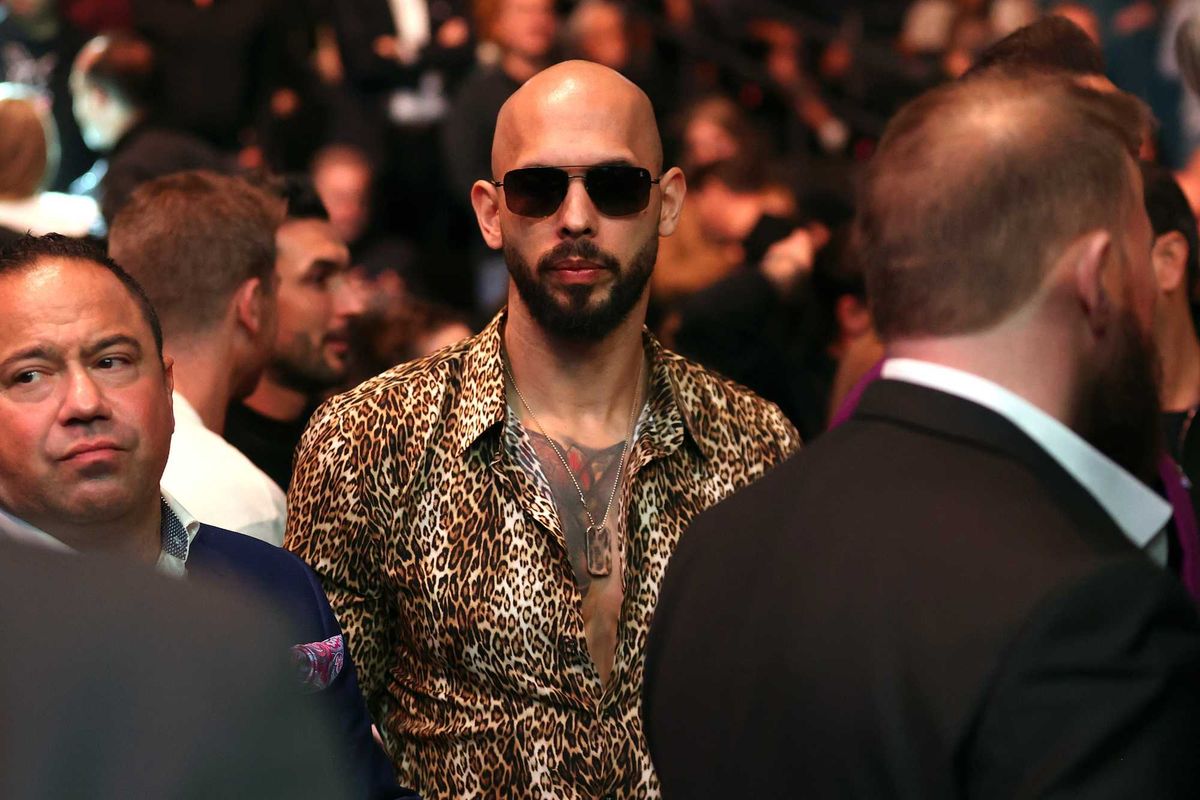News
Louis Staples
Jul 12, 2018

IMAGE:
ISTOCK
New research has revealed that a quarter of the UK population identifies as having a fluid sexuality.
Fluid sexuality refers to people who do not identify as “completely straight” on the Kinsey Sale – a rating scale which identifies seven variants of sexuality from “exclusively heterosexual” to “exclusively homosexual”.
Research released today has shown that 26 per cent of UK adults identify as something other than “completely heterosexual”. This rises to a third 35 per cent of those aged 35-44 and more than half of those aged 18-24.
The survey of 2,000 UK adults was carried out by YouGov. It also highlighted that 60 per cent of Brits – including a staggering 85 per cent of those aged 18-24 and even 48 per cent of those aged 55 and over – believe sexuality should be viewed on a scale, rather than people being simply gay or straight.
It tells a very different story to the data compiled by the Office for National Statistics in 2016. The ONS found that only 2 per cent of the adult population identified as something other than straight, accounting for around one million Brits, whereas this new survey suggests the number is actually closer to 17 million.
Michael Brown, head of insight at UM, who commissioned the research, said:
The comparison of this year’s anonymous data with that from the ONS might seem jarring. However, what this shows is that Kinsey was right to view sexuality as a spectrum. After all, trying to define something as complex as sexuality in binary terms is at best crude, and at worst – fantastical.
Overall, around one in six respondents has had a sexual experience with a member of the same sex, which rises to a quarter among those aged 18-24, 25-34 and 35-44. Heterosexual women are also more open to same-sex experiences than men, with one in five saying they could maybe or definitely be attracted to someone of the same sex.
Research also revealed recent progress when it comes to fighting negative stereotypes around sexuality. Almost half think gay and bisexual men have become more positively perceived by society over the past three years, while 37 per cent see a more positive perception of lesbian and bisexual women over the same period. Over half see media coverage as the reason for a better perception of lesbian and bisexual women, with 70 per cent citing this reason for improved perception of gay men.
More: 62 per cent of LGBT+ people have experienced suicidal thoughts as a result of bullying
Top 100
The Conversation (0)













